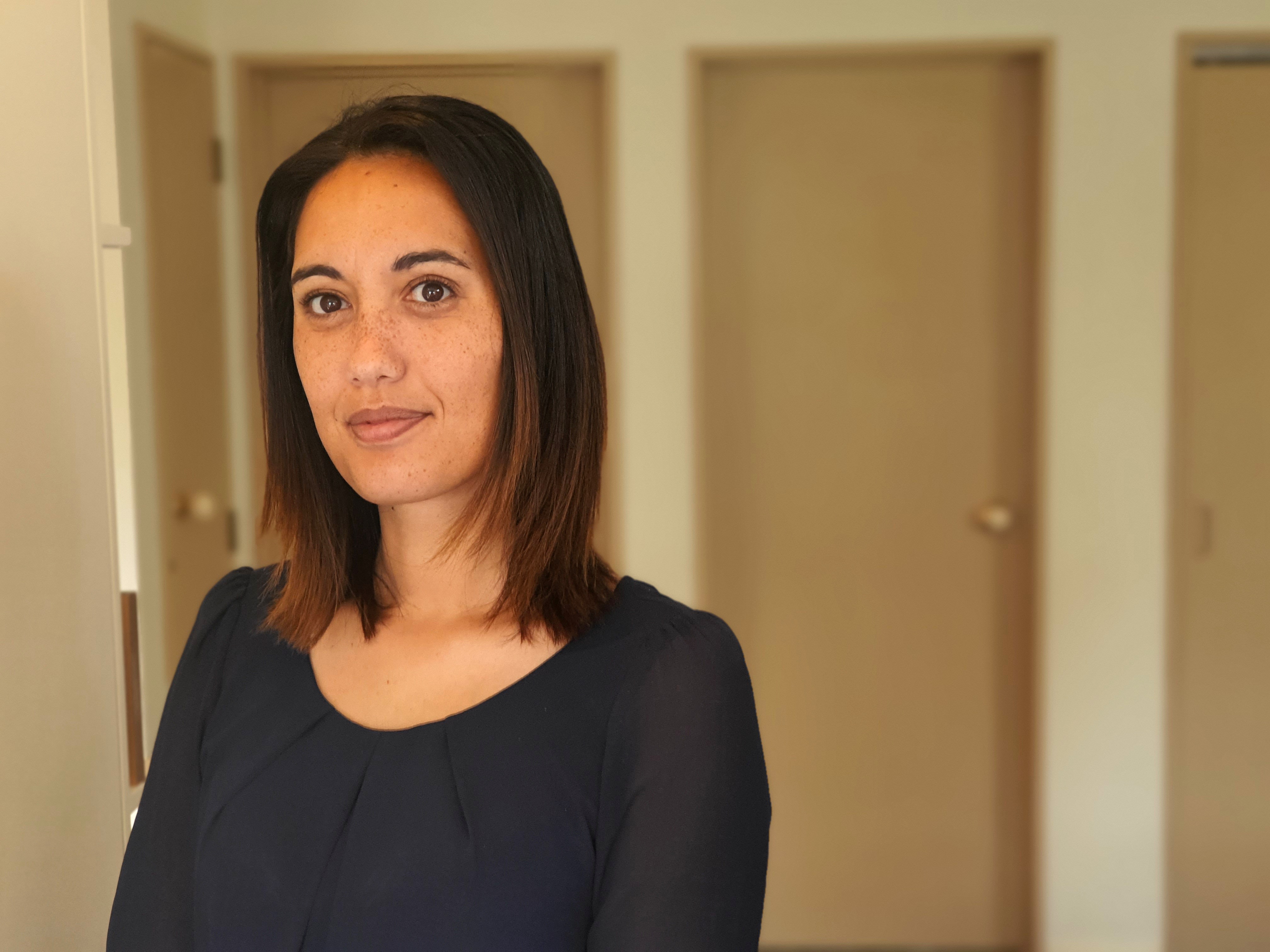Delivered by Manawaroa Ltd, a Māori-owned and operated organisation, Puāwai is a trauma-informed learning and support programme designed for Oranga Tamariki caregiving whānau. Originally developed as a pilot programme in Waikato in 2018, Puāwai has now expanded to support caregiving whānau across four regions.
Puāwai is one of the programmes developed in response to caregivers saying, as part of the establishment of Oranga Tamariki in 2015, that they needed learning opportunities to help them understand trauma and provide care for children who have experienced trauma, so they could heal and flourish.
Following the investment in the three-year pilot programme, the Caregiver Recruitment and Support team has developed partnerships that enable trauma-informed learning programmes to be available to caregiving whānau across the motu.



